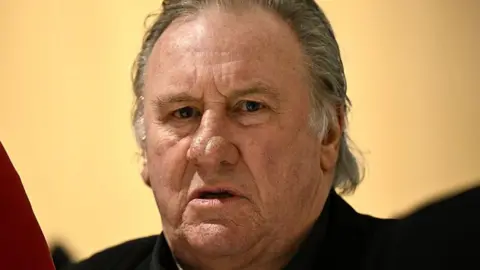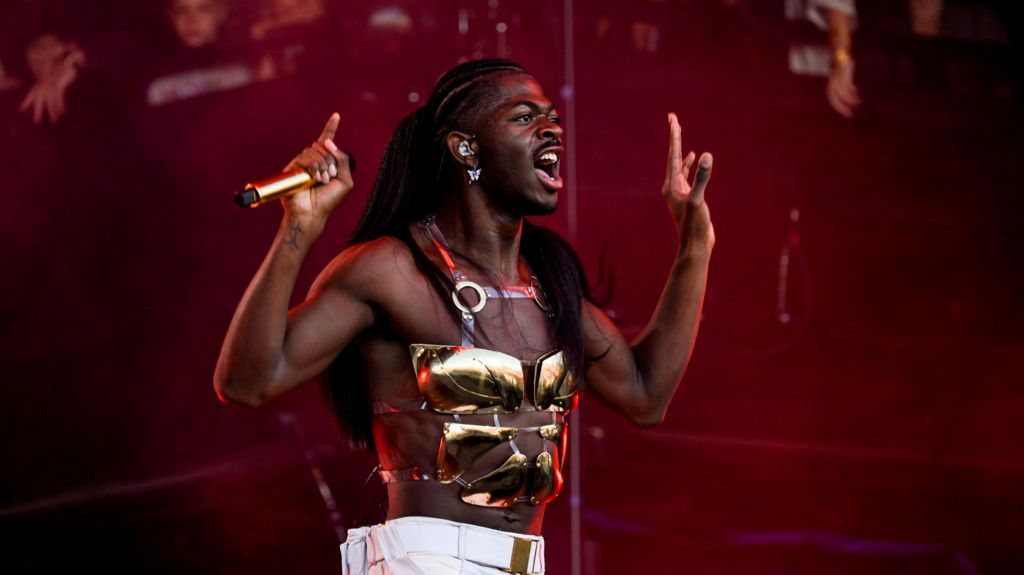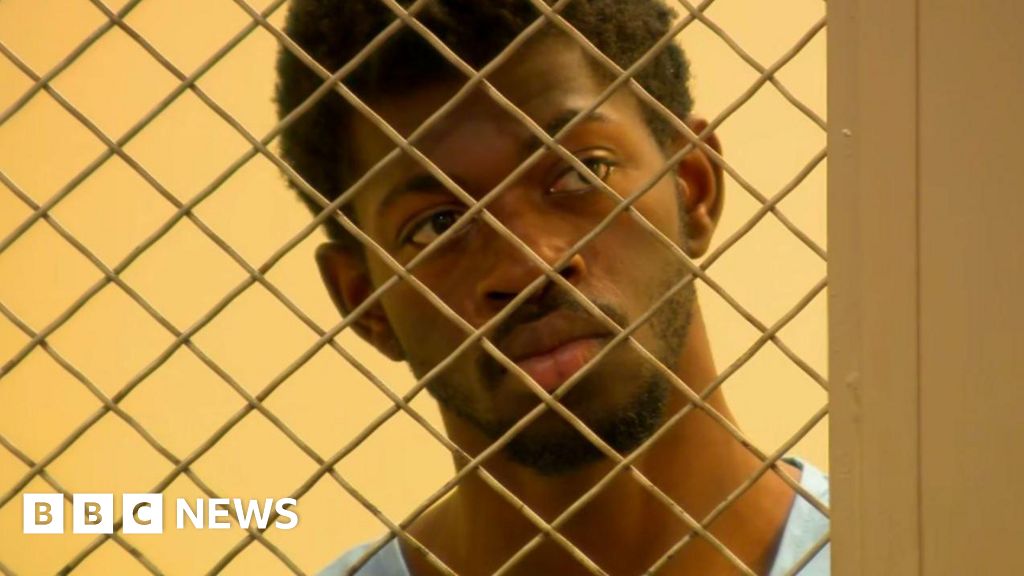In a highly publicized decision, Justice Maria Carroccia declared that all five former junior national team players, including Michael McLeod, Dillon Dube, Cal Foote, Alex Formenton, and Carter Hart, were not guilty. The charges related to an alleged assault of a woman, referred to as EM, in a hotel room following a Hockey Canada gala in London, Ontario. The trial lasted eight weeks and was marked by high public interest.
Justice Carroccia noted substantial inconsistencies in EM's evidence, stating, “the Crown cannot meet its onus on any of the counts.” The woman's account was challenged on grounds of doubt regarding her consent. The incident involved a series of sexual acts, which EM claimed she consented to initially with Mr. McLeod, but felt coerced as other players entered the room.
The case had attracted considerable media attention, as it raised critical issues surrounding consent and sexual assault within sports culture. Following the ruling, the players expressed relief, with McLeod's lawyer citing significant damage to his client's reputation while emphasizing the one-sided narrative that dominated public perception during the case.
Representatives for EM expressed profound disappointment at the verdict, asserting that it negated her courage to come forward. They noted that EM had participated virtually in the courtroom decision, which included watching testimonies about her alleged intoxication and behavior during the incident.
The ruling highlighted discrepancies between EM's testimony and evidence presented in court, including surveillance footage indicating moments of voluntary interaction. Although the videos were not deemed consent by the judge, they portrayed her appearing comfortable and communicative.
The Crown had faced uphill challenges in securing a conviction, despite evidence suggesting the accused players had communicated intentions to engage with EM. Prosecutor Meaghan Cunningham expressed their intent to review the ruling thoughtfully, noting that societal perceptions and expectations surrounding such cases might evolve, influenced by this verdict.
The outcome has sparked protests outside the courthouse from women’s rights advocates, with supporters voicing concerns over the broader implications for future sexual assault prosecutions in Canada. The case will likely be referenced as a precedent in discussions about consent and the prosecution of sexual violence within the context of professional sports.
Justice Carroccia noted substantial inconsistencies in EM's evidence, stating, “the Crown cannot meet its onus on any of the counts.” The woman's account was challenged on grounds of doubt regarding her consent. The incident involved a series of sexual acts, which EM claimed she consented to initially with Mr. McLeod, but felt coerced as other players entered the room.
The case had attracted considerable media attention, as it raised critical issues surrounding consent and sexual assault within sports culture. Following the ruling, the players expressed relief, with McLeod's lawyer citing significant damage to his client's reputation while emphasizing the one-sided narrative that dominated public perception during the case.
Representatives for EM expressed profound disappointment at the verdict, asserting that it negated her courage to come forward. They noted that EM had participated virtually in the courtroom decision, which included watching testimonies about her alleged intoxication and behavior during the incident.
The ruling highlighted discrepancies between EM's testimony and evidence presented in court, including surveillance footage indicating moments of voluntary interaction. Although the videos were not deemed consent by the judge, they portrayed her appearing comfortable and communicative.
The Crown had faced uphill challenges in securing a conviction, despite evidence suggesting the accused players had communicated intentions to engage with EM. Prosecutor Meaghan Cunningham expressed their intent to review the ruling thoughtfully, noting that societal perceptions and expectations surrounding such cases might evolve, influenced by this verdict.
The outcome has sparked protests outside the courthouse from women’s rights advocates, with supporters voicing concerns over the broader implications for future sexual assault prosecutions in Canada. The case will likely be referenced as a precedent in discussions about consent and the prosecution of sexual violence within the context of professional sports.





















